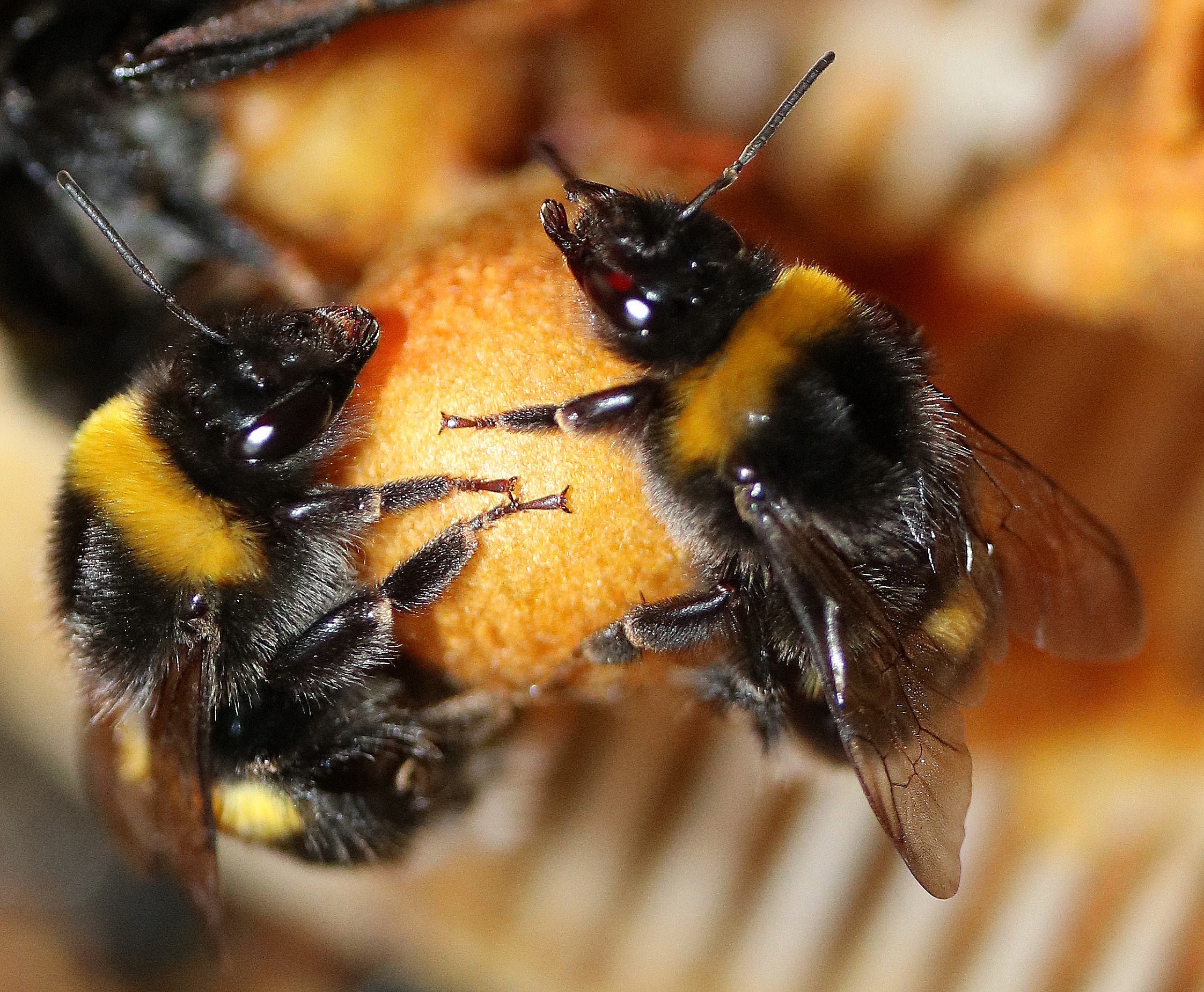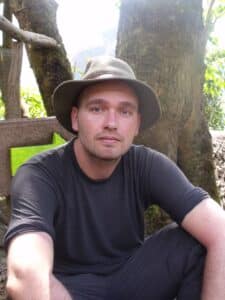
Pierre BLACHER
Former Fyssen 2014
& Timothy J. Huggins, Andrew F. G. Bourke
Eusocial insects provide special opportunities to elucidate the evolution of ageing as queens have apparently evaded costs of reproduction and reversed the fecundity–longevity trade-off generally observed in non-social organisms. But how reproduction affects longevity in eusocial insects has rarely been tested experimentally. In this study, we took advantage of the reproductive plasticity of workers to test the causal role of reproduction in determining longevity in eusocial insects. Using the eusocial bumblebee Bombus terrestris, we found that, in whole colonies, in which workers could freely ‘choose’ whether to become reproductive, workers’ level of ovarian activation was significantly positively associated with longevity and ovary-active workers significantly outlived ovary-inactive workers. By contrast, when reproductivity was experimentally induced in randomly selected workers, thereby decoupling it from other traits, workers’ level of ovarian activation was significantly negatively associated with longevity and ovary-active workers were significantly less long-lived than ovary-inactive workers. These findings show that workers experience costs of reproduction and suggest that intrinsically high-quality individuals can overcome these costs. They also raise the possibility that eusocial insect queens exhibit condition-dependent longevity and hence call into question whether eusociality entails a truly reversed fecundity–longevity trade-off involving a fundamental remodelling of conserved genetic and endocrine networks underpinning ageing.
 Pierre BLACHER is a postdoctoral researcher in the Department of Ecology and Evolution (DEE), Lausanne University. His research interests lie in the study of social evolution and more specifically in the evolution of cooperation, recognition systems and ageing in social groups. After the completion of his Ph.D that focused on the expression of conflicts and individual reproductive strategies within societies of the buff-tailed bumblebee Bombus terrestris, he has been awarded a two-year post-doctoral grant from the Fyssen foundation to study the interaction between social evolution, ageing and reproduction. His work conducted at UEA in Norwich with Andrew Bourke has been recently published in Proceedings of the Royal Society B, Biological Sciences.
Pierre BLACHER is a postdoctoral researcher in the Department of Ecology and Evolution (DEE), Lausanne University. His research interests lie in the study of social evolution and more specifically in the evolution of cooperation, recognition systems and ageing in social groups. After the completion of his Ph.D that focused on the expression of conflicts and individual reproductive strategies within societies of the buff-tailed bumblebee Bombus terrestris, he has been awarded a two-year post-doctoral grant from the Fyssen foundation to study the interaction between social evolution, ageing and reproduction. His work conducted at UEA in Norwich with Andrew Bourke has been recently published in Proceedings of the Royal Society B, Biological Sciences.


